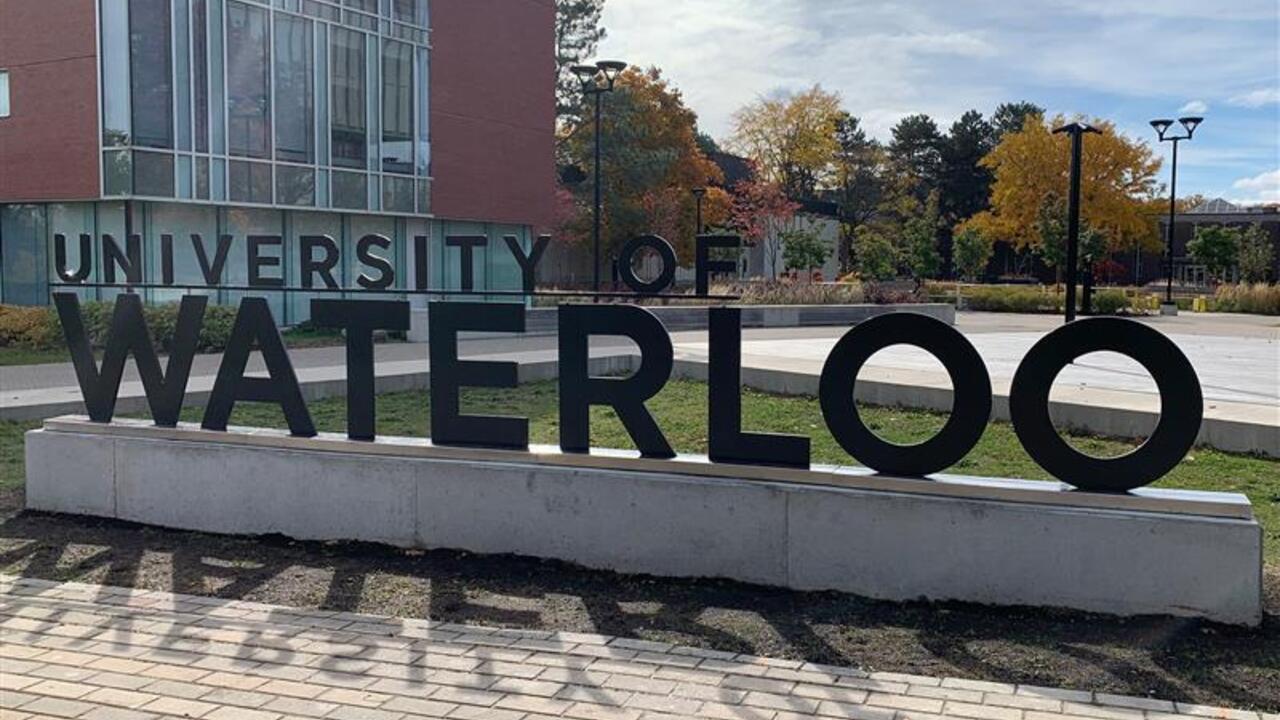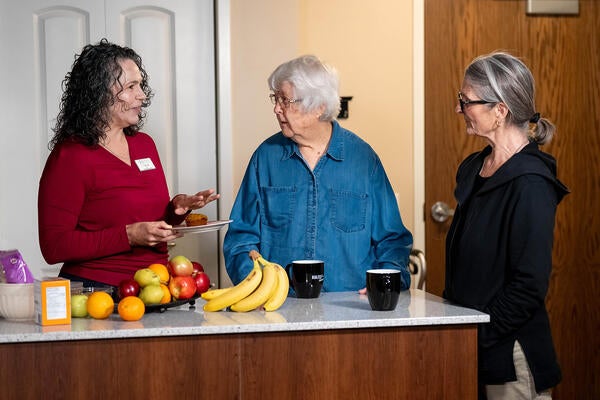
A statement on the U.S. executive order on immigration and travel
Globally and here at home, universities are strengthened by the exchange of talent, ideas and experience from students, faculty, researchers and staff

Globally and here at home, universities are strengthened by the exchange of talent, ideas and experience from students, faculty, researchers and staff
By Media RelationsThe original principle of academic freedom encompassed thought, expression and geography.
Diversity is a strength of this university and of our country. Together, with universities across Canada, we will continue to welcome students, faculty and staff from around the world including those seeking refuge from violence and injustice.
All of our students, faculty and staff, no matter where they come from, help to strengthen our community, bring new knowledge, talent and skills to higher education, research and innovation – to the benefit of all Canadians. At the University of Waterloo, we stand proudly for these values.
We are actively reviewing the recent executive order from the President of the United States to understand more completely the impact for our community. The Order suspends all refugee admissions for 120 days; bans Syrian refugees indefinitely; and for 90 days blocks citizens of Iran, Iraq, Libya, Somalia, Sudan, Syria and Yemen, from entering the U.S.
We are reaching out to government, institutions and others as we develop a response and guidance for our campus community. We are grateful for the efforts of federal officials and Prime Minister Justin Trudeau for speaking to and clarifying some of these matters. We are also supporting efforts of Universities Canada and tech sector leaders who are highlighting Canada’s strength in diversity and working to repatriate and attract talent to Canada through a variety of actions and proposals. It is important to also note the actions of our colleagues in the United States who are expressing their views through the Association of Public and Land Grant Universities.
We expect that there will be questions and potential issues raised for visiting academics, researchers and students who may be impacted. For these, please contact: Jeff Casello, Graduate Studies; Yanick Charbonneau, Office of General Counsel; Ray Darling, Registrar.
For students on a co-op term or contemplating one or those on an exchange, and potentially impacted, please contact: Peggy Jarvie, Co-operative Education and Career Action; Ian Rowlands, Waterloo International.
As this situation evolves we will keep our campus community updated.

Read more
Dr. Heather Keller discusses the need to transform mealtimes in Canada’s long-term care homes from a service to a meaningful form of care

Read more
To meet our AI ambitions, we’ll need to lean upon Canada’s unique strengths

Read more
An ambitious research collaboration with Habitat for Humanity is reimagining home ownership across Waterloo Region and Canada
The University of Waterloo acknowledges that much of our work takes place on the traditional territory of the Neutral, Anishinaabeg, and Haudenosaunee peoples. Our main campus is situated on the Haldimand Tract, the land granted to the Six Nations that includes six miles on each side of the Grand River. Our active work toward reconciliation takes place across our campuses through research, learning, teaching, and community building, and is co-ordinated within the Office of Indigenous Relations.